About a year ago, the CEO of a local Austin startup had the insight to recognize there were some cultural issues stifling the growth and profitability of his company. He recognized the value in team, culture, emotional intelligence, and adaptability under rapidly changing conditions.
He contacted The Leader’s Journey and we put a team together to go to work. I want to share one story from my work about how thinking systems, emotional intelligence, and adaptability matters when you are trying to create lasting change.
I was assigned to work with one of the team members who leads the production division responsible for making this company’s product. And when I say, “part of the production team” I mean, he is the dude making the product. Pretty important gig.
Learning to see his reactions to anxiety
When I first started working with this gent, we quickly uncovered a conflict between him and the new general manager – a conflict that was under the surface, not getting resolved and impacting both production and the synergy of the team. As we worked together to keep the focus on what my client was contributing to the conflict, what he could change in how he viewed the conflict, and how he could engage differently, what became clear to him was how much anxiety existed in him around engaging in an honest direct conversation with the new GM. He had seen so many changes over his time at the company. He was the one that had been there and knew what was going on, so why would he listen to what the new GM had to say? Especially when there had been other “new guys” before this GM. What did this one know that my client didn’t?
As we continued to look at how his anxiety might be driving his behavior, it became clear that he was anxiously reacting to his new GM and calling it his “thinking” or his “personality”. There was more underneath the surface to learn about where his anxiety really came from, and how it showed up when he had to do something challenging in his relationships but, that’s another story for another time.
Learning to hold the tension between self and others, self and system, others and system
During one of our coaching sessions, he reported to me that one of his employees was being resistant, under-functioning, and would not engage in authentic conversation about what was keeping him stuck and unhappy. My client added, “I know what he’s doing because it’s exactly what I did.”
Aside from this being terribly humble and insightful, this client wanted to be proactive in approaching his employee with a firm grasp of his employee’s emotional landscape. He displayed a genuine interest in understanding what was going on in the life of his employee inside and outside of work. He was asking questions like, “what is going on in this person’s life that may be stressing him out? What do I know about how this person reacts to hard conversations? What kind of relationship capital do I have with this person? Does he trust me?”
At the same time, my client was also holding the tension between the goals of the company and managing his own anxiety around having hard conversations. He wanted to be an emotionally intelligent, adaptable, and effective boss. He wanted to practice his way into being that kind of a boss. . . not talk about an idea. . . not read 37 books on leadership techniques. . . not avoid it or make it someone else’s issue.
Learning to engage differently is hard work
As we were processing through what he saw in the relationship system, he got clear on what his contribution was and how he wanted to move forward. Then he said,
It’s no wonder people need coaches and therapists for this stuff. People are just so complex we don’t know what to do with ourselves.”
I think he’s right. I believe we need resources like coaches and therapists. Not because there’s anything inherently wrong or bad about who we are, but because we are complicated. When things get complicated, we usually get anxious. When we get anxious, typically, we double down on the things that got us to where we are – our “personality traits” or simply an old way of doing things that worked under a different set of circumstances that no longer exists.
I get it, it makes sense. It’s worked up to this point, so why not? If it ain’t broke don’t fix it. Problem is, everything you think you know is also, to some degree, what contributed to your current reality. Getting clear on the parts of our lives that aren’t working, dealing with the tension of not knowing, and learning to engage differently is hard work.
I am thrilled to share that this startup is doing extremely well and has continued to grow their team and company – through a pandemic – when they had to make big changes in order to serve the community and stay in business. In that time, this particular gentleman has grown his team, bought a home, is expecting a child, and has continued to ascend in his leadership capacity.
Learn to resist the urge to double down and engage the work of change
Anyone trying to move their lives ahead – whether you call that “striving”, “thriving”, or “surviving” (which is everyone) – gets stopped or stuck by something. That something could be an unexpected work complication, an argument with your spouse about finances, a difference with a colleague, a breakup, moving, a child in trouble at school or, you know, a pandemic. It can be complex. It’s so complex that you may not know what to do with yourself. You may want to double down. Or, you may want to engage the work of change. If that’s the case, the team I work with, The Leader’s Journey, would love to help.
If you’d like to explore coaching, email me or fill out this form here.
Photo by Louie Martinez on Unsplash








